Many hospitals in Vietnam have successfully applied difficult and advanced techniques in the world in organ transplants, cardiovascular treatment, cancer, obstetrics and gynecology, and maxillofacial surgery. This development not only meets the medical examination and treatment needs of the people in the country but also attracts many foreign patients to come to Vietnam for medical examination and treatment.
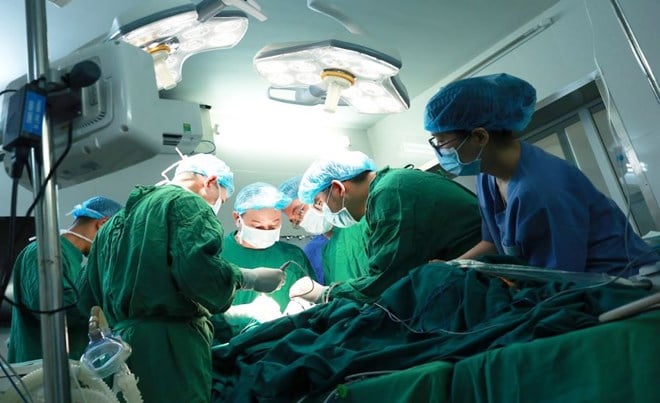
Many Vietnamese medical experts and excellent doctors are on par with their colleagues in advanced countries, capable of mastering advanced techniques at world-class levels. Photo: Hai Nguyen
Many miracles Associate Professor, Dr. Nguyen Lan Hieu - Director of Hanoi Medical University Hospital - shared: I received a thank you letter from a Vietnamese monk who is residing in Europe. When he returned to Vietnam, the monk confidently chose Hanoi Medical University Hospital to perform surgery for his multi-level disc herniation, which in Europe, doctors had advised him to be hospitalized as soon as possible. The monk chose Vietnam for surgery because of his belief in the progress of his homeland's medicine. The minimal surgical scar on the back of his neck will be a beautiful memory that the monk will bring back to his place of residence. Our country has many medical experts and good doctors who are on par with their colleagues in advanced countries, capable of mastering advanced techniques at world-class levels. Among them, there are many medical specialties and fields where Vietnamese doctors are teachers, transferring techniques to doctors from other countries. For example, Prof. Dr. Pham Manh Hung - Director of the National Heart Institute - and the intervention team used modern imaging and physiology assessment methods such as intravascular ultrasound (IVUS) to come up with the most optimal intervention strategy. The success of the complex intervention has been highly appreciated by leading experts in the region and international friends for the expertise and comprehensive integration of Vietnamese doctors. The recent successful single-hole laparoscopic surgery to treat a bile duct cyst for a foreign child patient performed by Assoc. Prof. Dr. Tran Ngoc Son - Deputy Director of the Xanh Pon General Hospital - has affirmed the position and prestige of Vietnamese medicine with international friends. In Vietnam, Assoc. Prof. Dr. Tran Ngoc Son is currently one of the two leading doctors in the world in performing single-hole laparoscopic surgery to treat bile duct cysts. In vitro fertilization (IVF) is also one of the specialties in which Vietnam is gaining a foothold on the world medical map. Over the past 26 years, since the first three babies were born through in vitro fertilization at Tu Du Hospital - Ho Chi Minh City in 1998, Vietnam has been known as the place with the most IVF cases in Southeast Asia with high efficiency. Doctor Ho Manh Tuong - General Secretary of the Ho Chi Minh City Association of Reproductive Endocrinology and Infertility - a member of the team that performed the first IVF technique in Vietnam - said that the success rate when performing IVF in Vietnam is from 40 - 45%, the cost is only 1/3 compared to many countries in the region. Low cost and highly skilled doctors are some of the reasons why many foreigners and overseas Vietnamese come to Vietnam for examination and treatment. Over the past 30 years, since the first organ transplant (in 1992) until now, medical facilities in Vietnam have successfully performed more than 8,000 organ transplants. Among them, the most are kidney, liver, heart, lung transplants; kidney - pancreas... Vietnam's organ transplant level is on par with the region and the world. On the 30th of the Lunar New Year, 8 lives were revived from organ donations from brain-dead donors. In particular, doctors have taken and transplanted 8 organs including: heart, liver, kidney, kidney - pancreas, 2 hands, 2 corneas. Along with taking and transplanting tissues and organs, 108 Military Central Hospital also preserved and coordinated the donor's lungs for the Central Lung Hospital to transplant lungs to a young patient with a rare disease, severely damaging both lungs. Extending a hand to the world , Associate Professor, Dr. Nguyen Lan Hieu said that medical tourism is a direction that many countries have implemented such as: Singapore, Thailand, Japan, Korea... Many of our hospitals have improved their services, so they only need to build processes, customer care communication and government participation in terms of support mechanisms. There will certainly be not just one but many successful hospitals. Associate Professor, Dr. Luong Ngoc Khue - Director of the Department of Medical Examination and Treatment Management (Ministry of Health) - commented: In recent years, the quality of medical examination and treatment at domestic medical facilities has clearly developed. Vietnamese doctors have high professional qualifications, are well-trained, and have mastered many complex techniques at world-class level (using robots, endoscopic surgery, organ transplants...). In particular, lower costs than other countries are the reason why more and more foreigners come to Vietnam for medical examination and treatment. However, according to Mr. Luong Ngoc Khue, every year, Vietnamese people still spend 2 billion USD abroad for medical examination and treatment. The Ministry of Health has had to change the target of budget allocation and investment to keep wealthy patients in the country for treatment, and at the same time attract half a million foreigners working in Vietnam to use medical services in Vietnam, instead of moving to countries in the region or returning home. According to the project's targets, by 2030, the rate of central hospitals recognized as having high-quality international treatment areas will be 95%; the rate of provinces/cities with hospitals recognized as having high-quality international treatment areas will be 80% and the rate of foreigners receiving medical examination and treatment in Vietnam will grow annually by 1% or more./.
laodong.vn
Source

![[Photo] Relatives of victims of the earthquake in Myanmar were moved and grateful to the rescue team of the Vietnamese Ministry of National Defense.](https://vstatic.vietnam.vn/vietnam/resource/IMAGE/2025/4/2/aa6a37e9b59543dfb0ddc7f44162a7a7)



![[Photo] Third meeting of the Organizing Subcommittee serving the 14th National Party Congress](https://vstatic.vietnam.vn/vietnam/resource/IMAGE/2025/4/2/3f342a185e714df58aad8c0fc08e4af2)

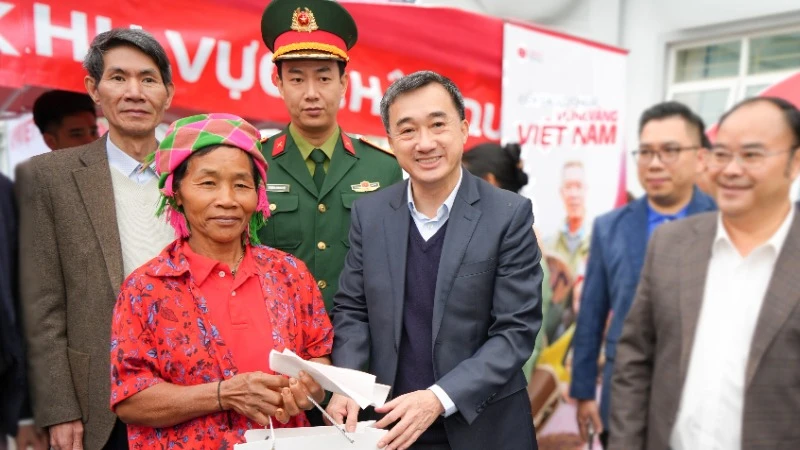




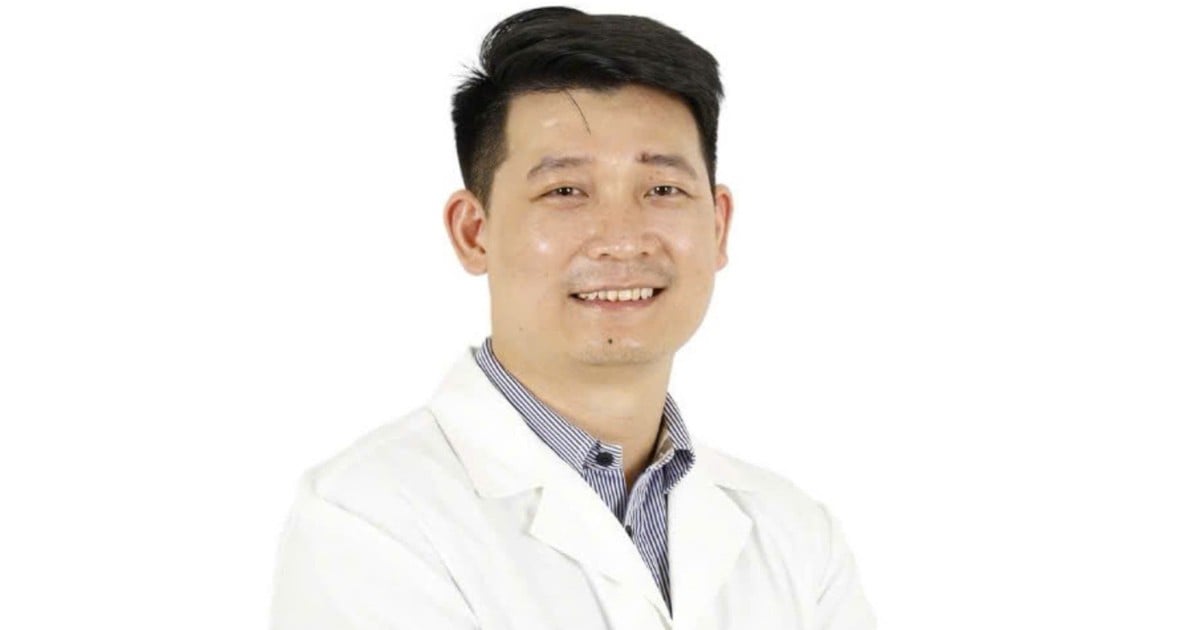



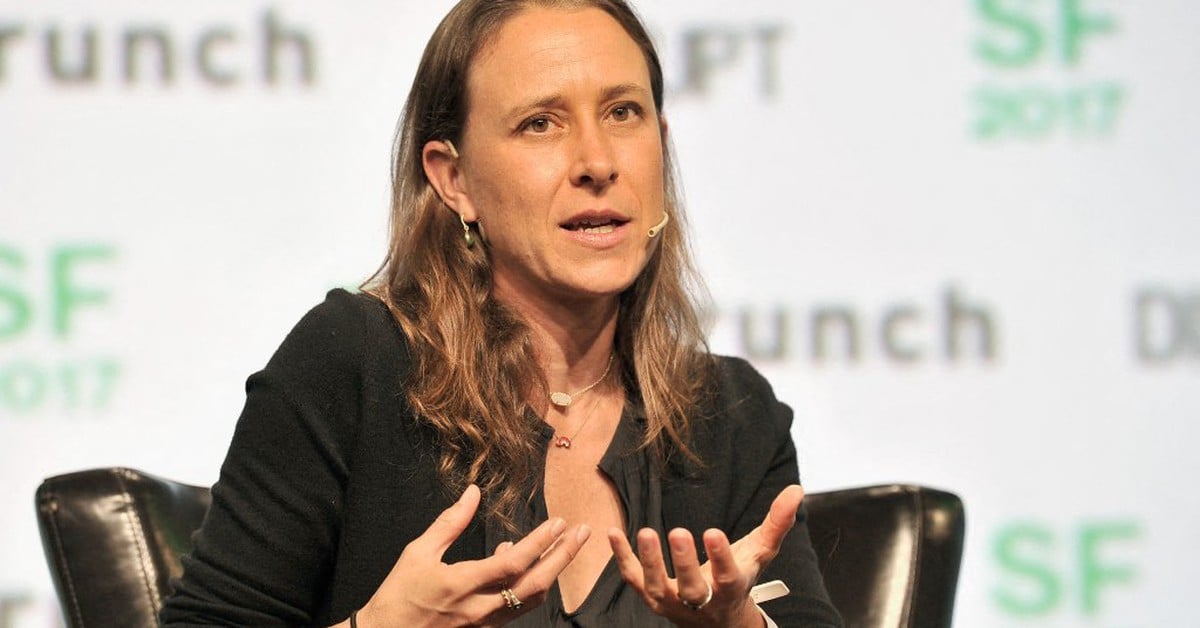


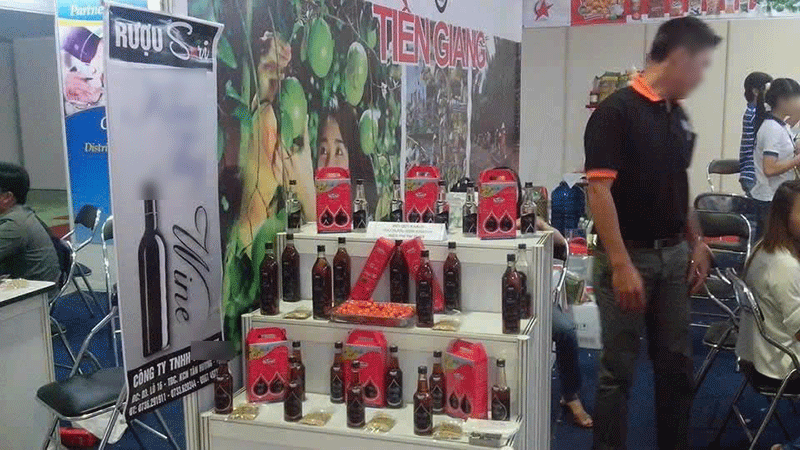

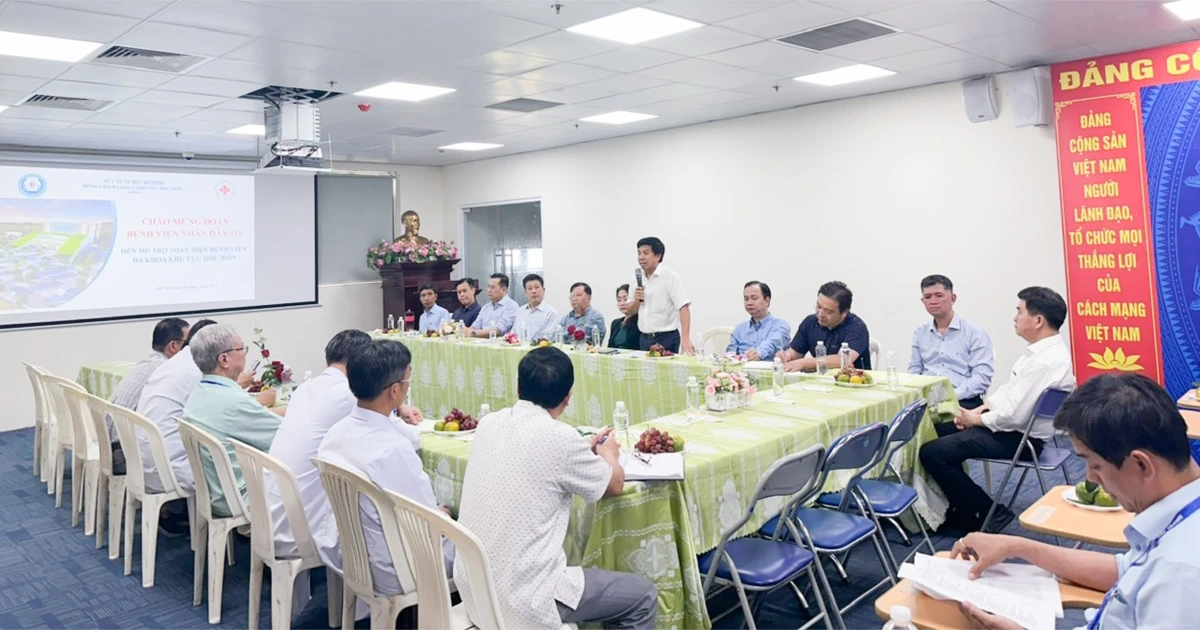
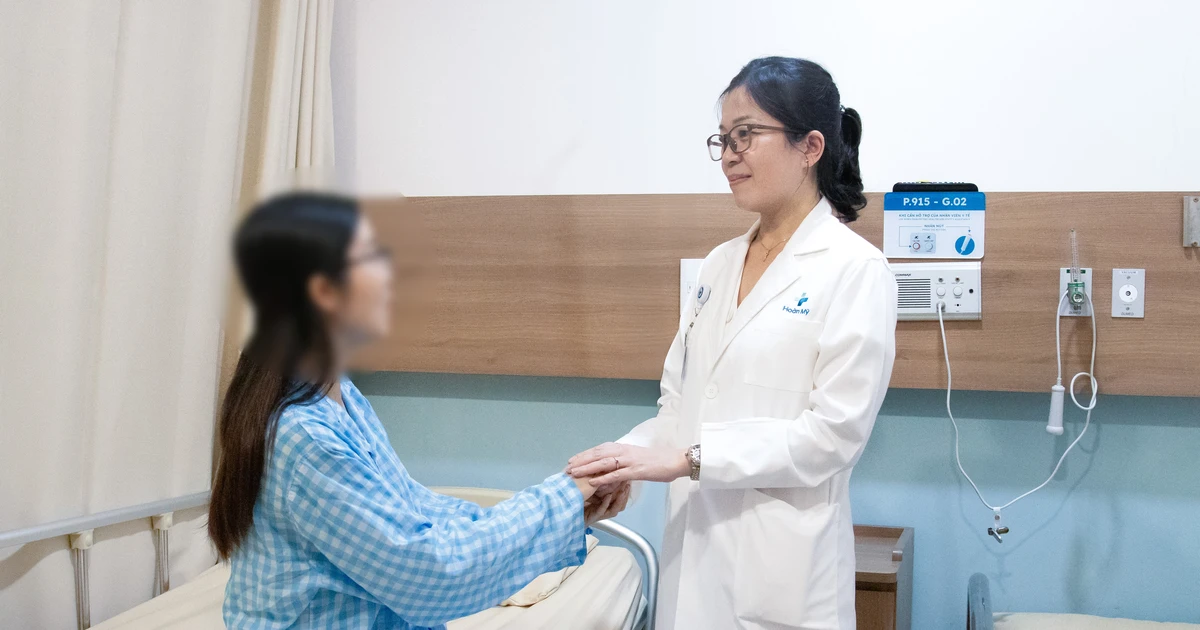



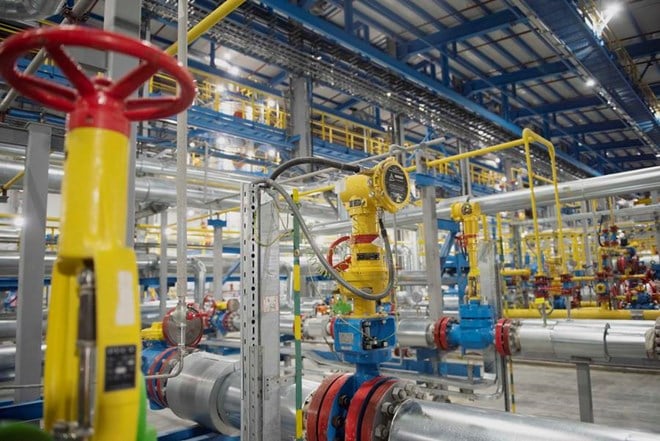



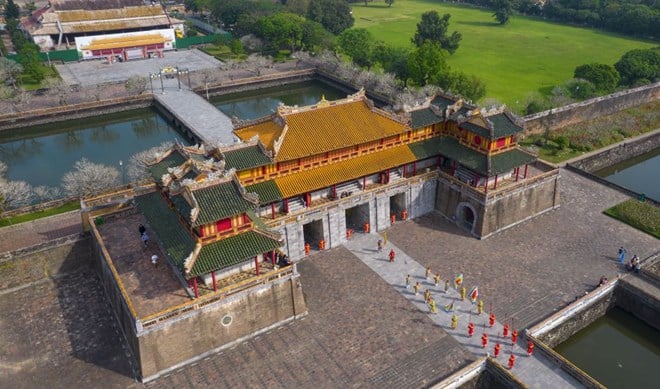







































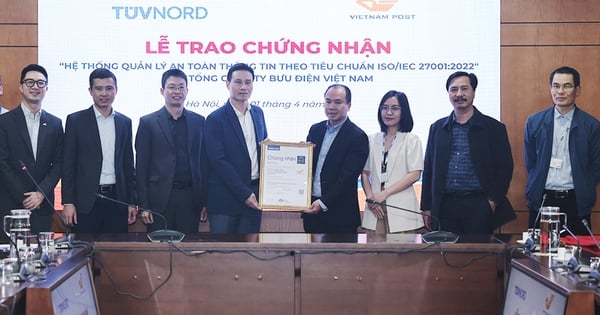

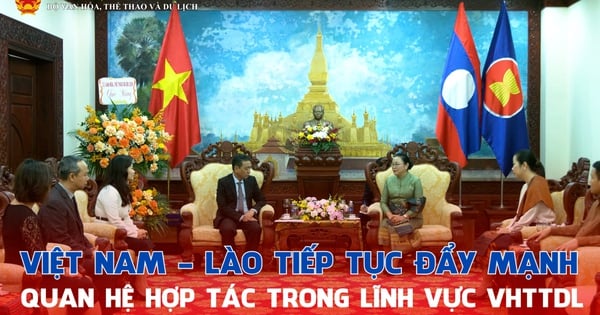



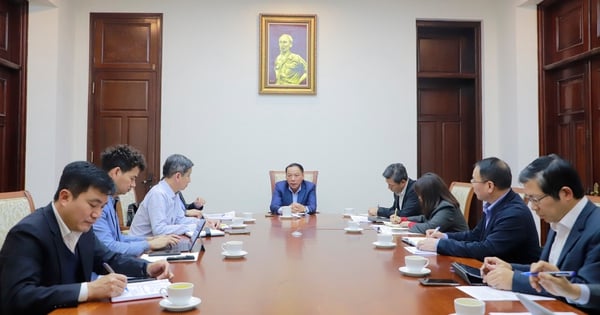
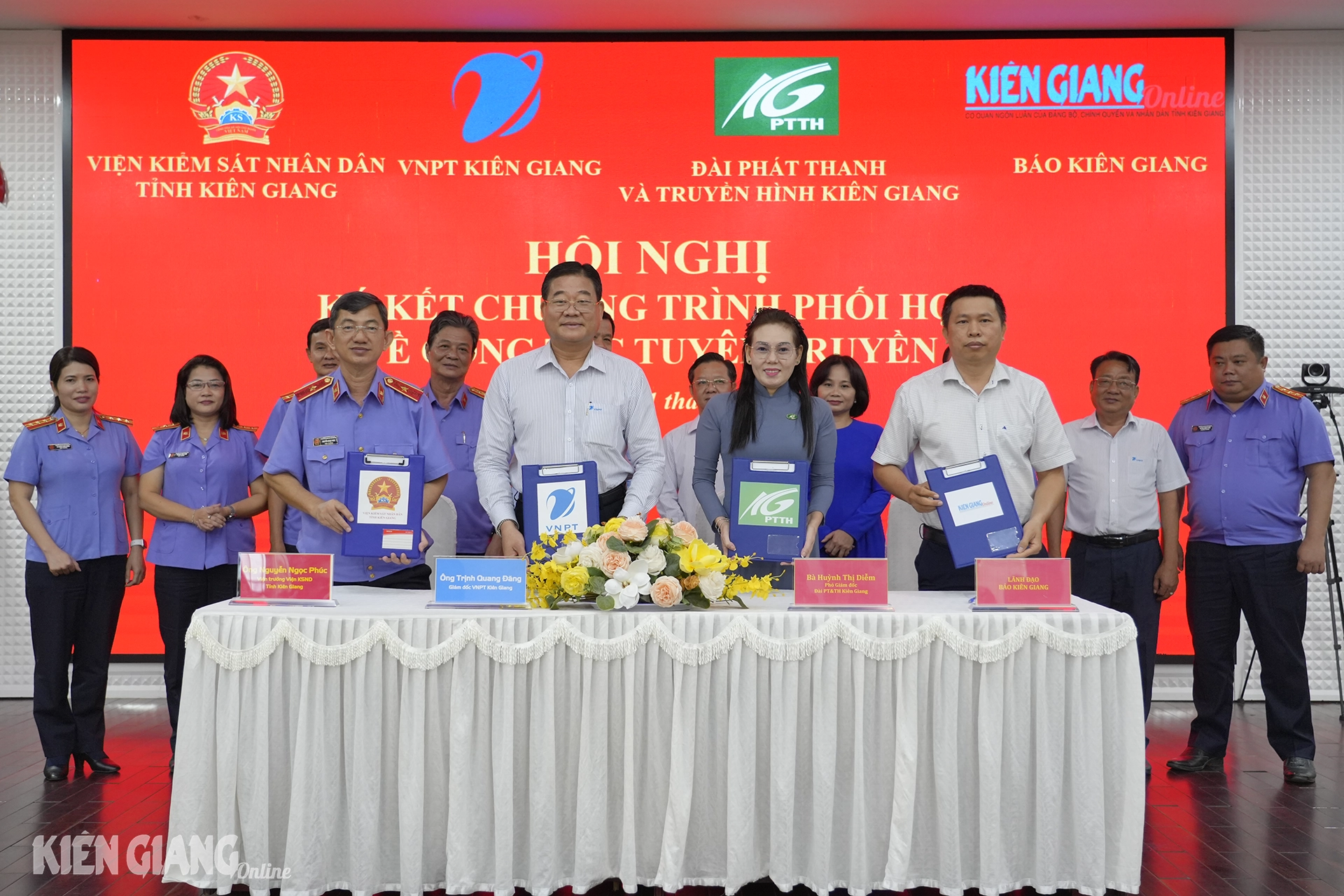

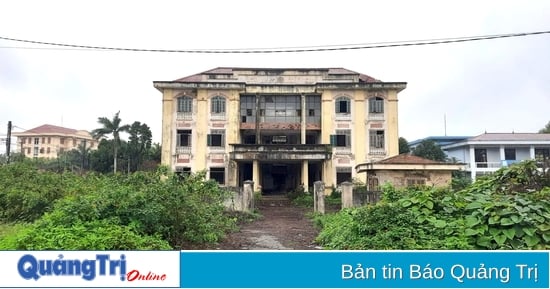
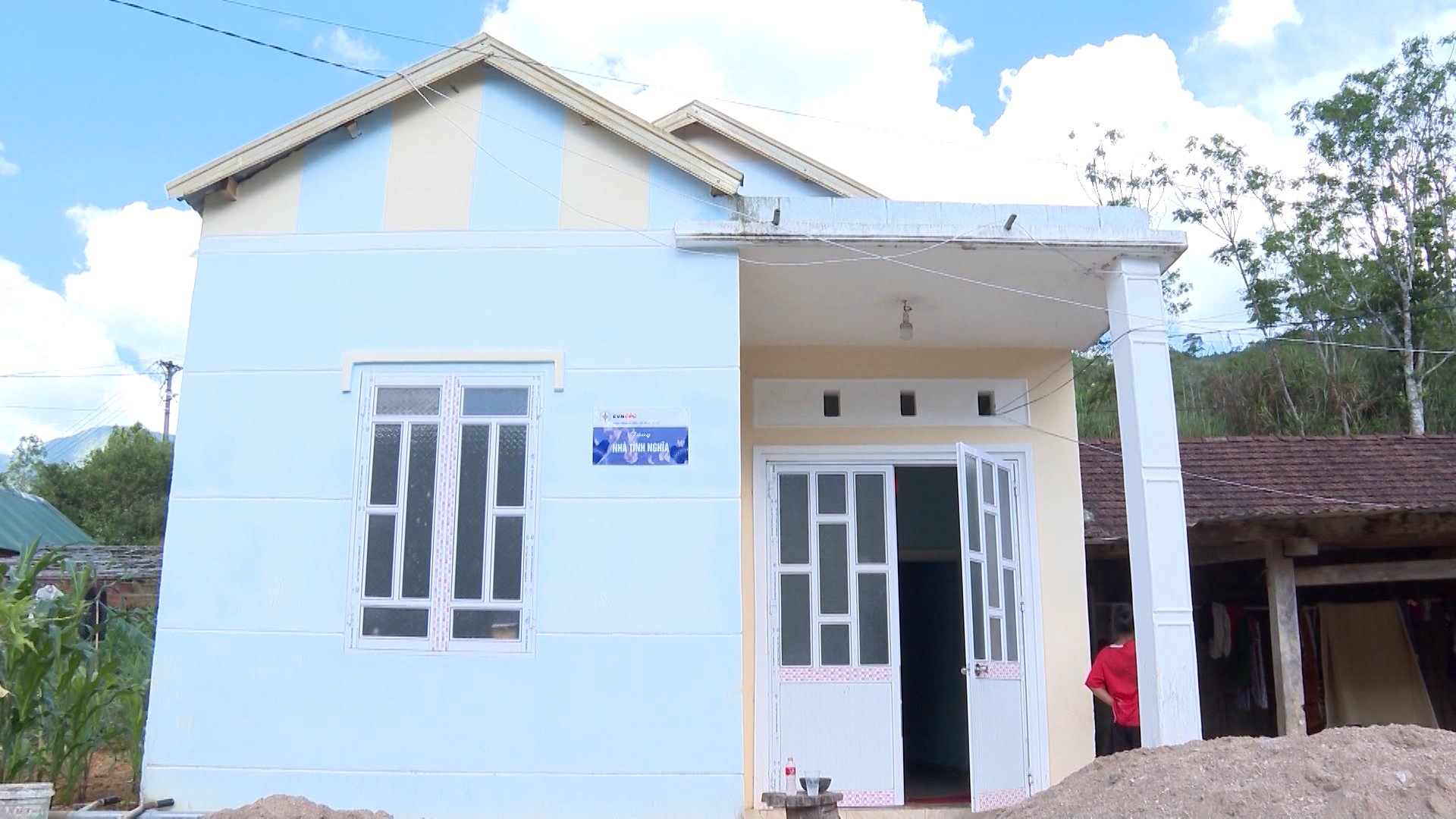
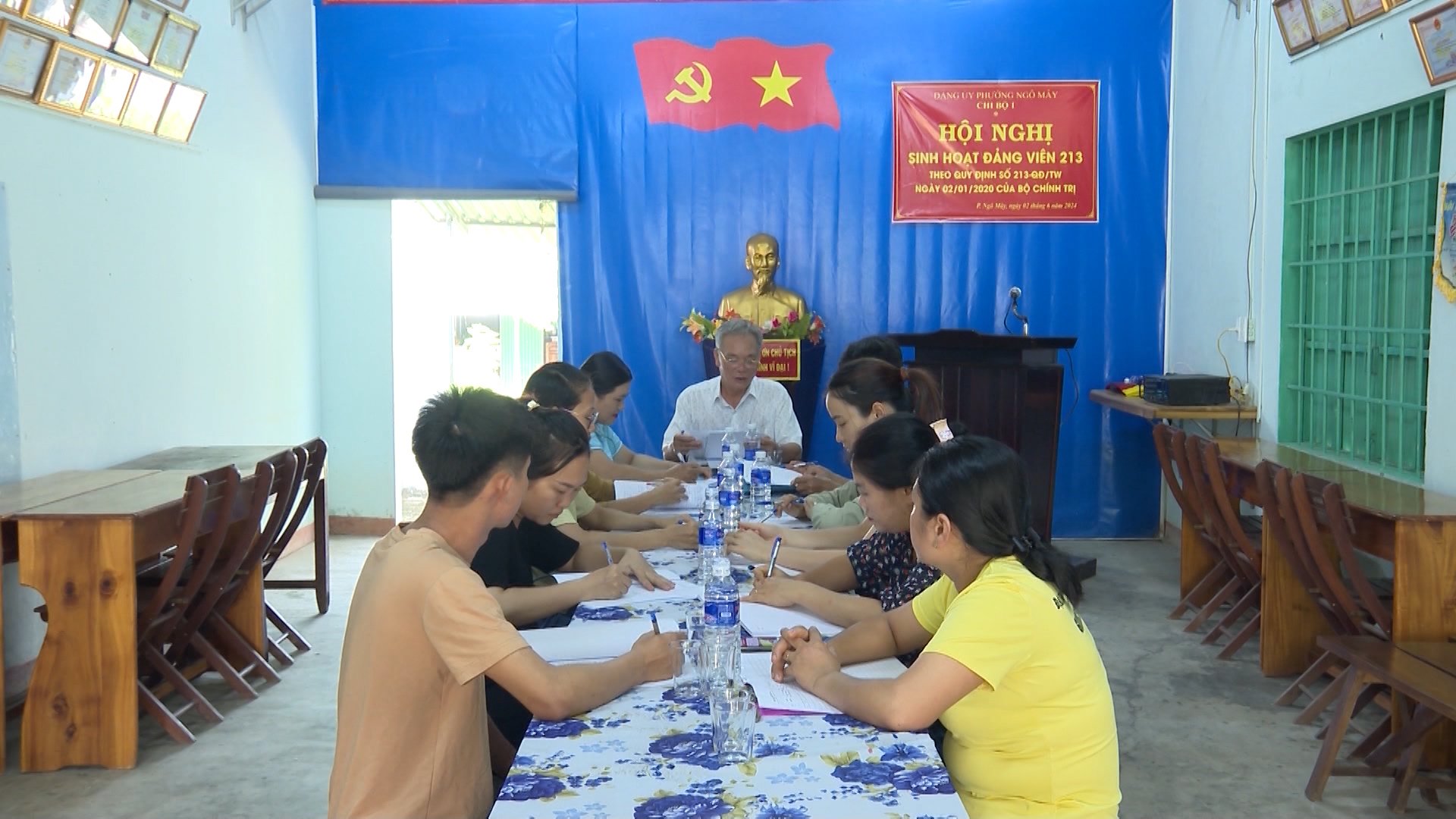
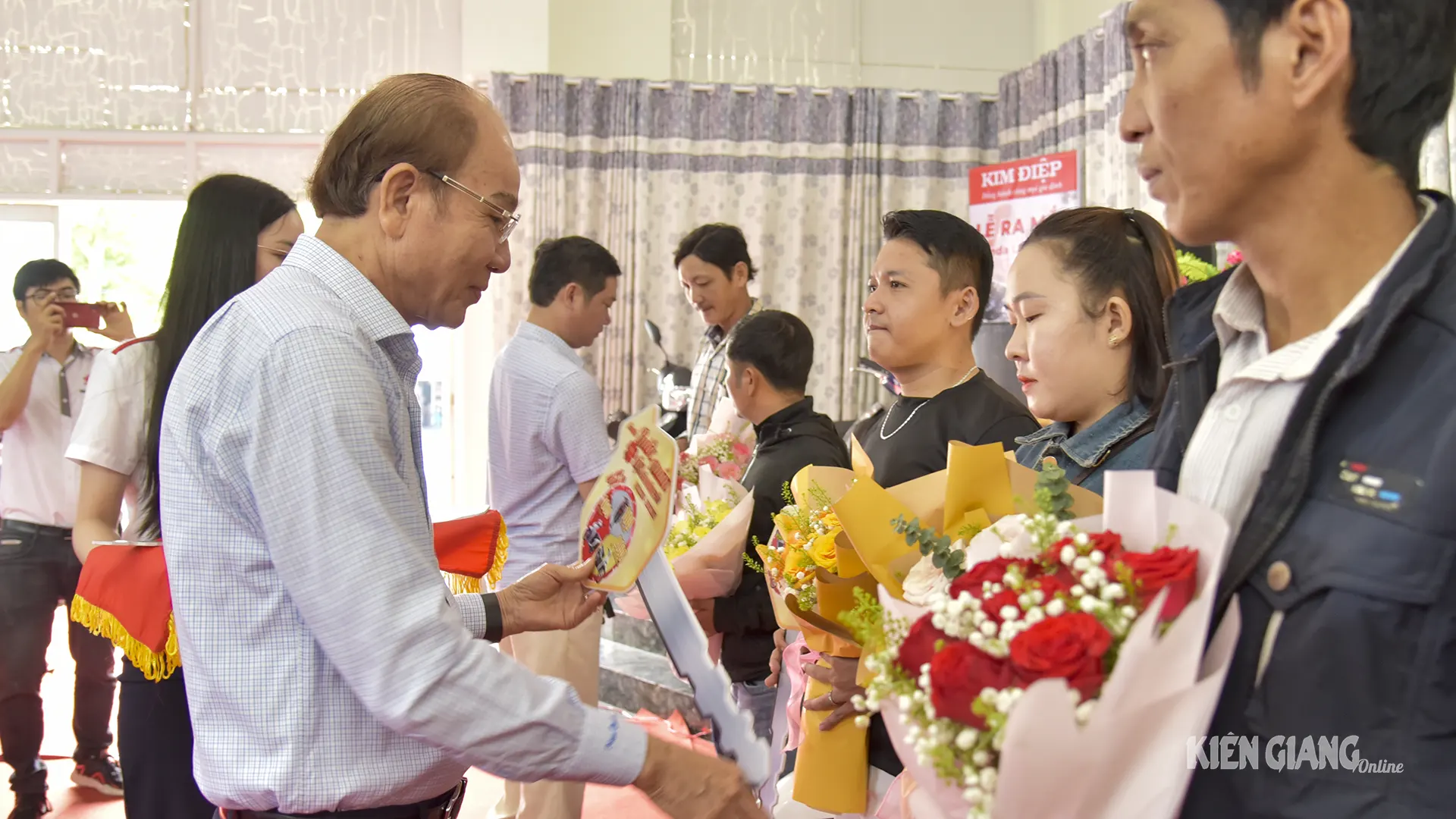
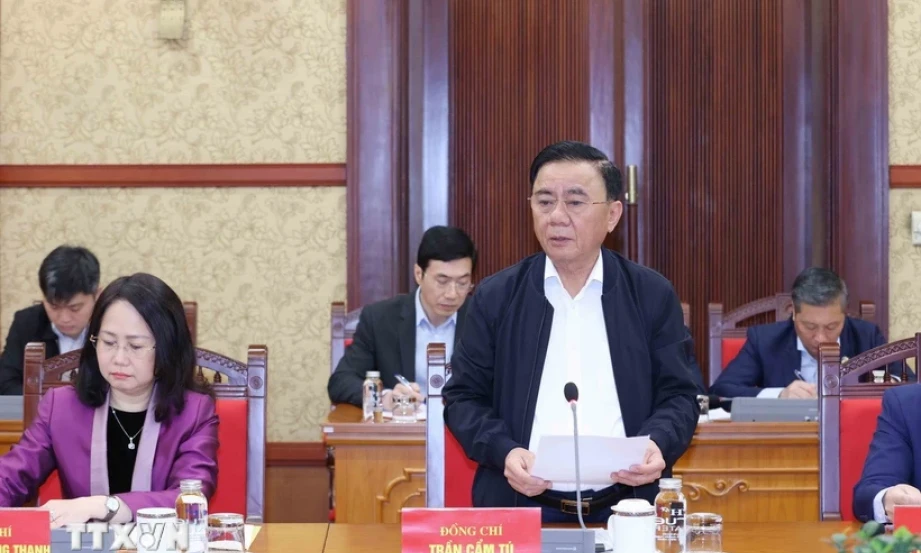












Comment (0)